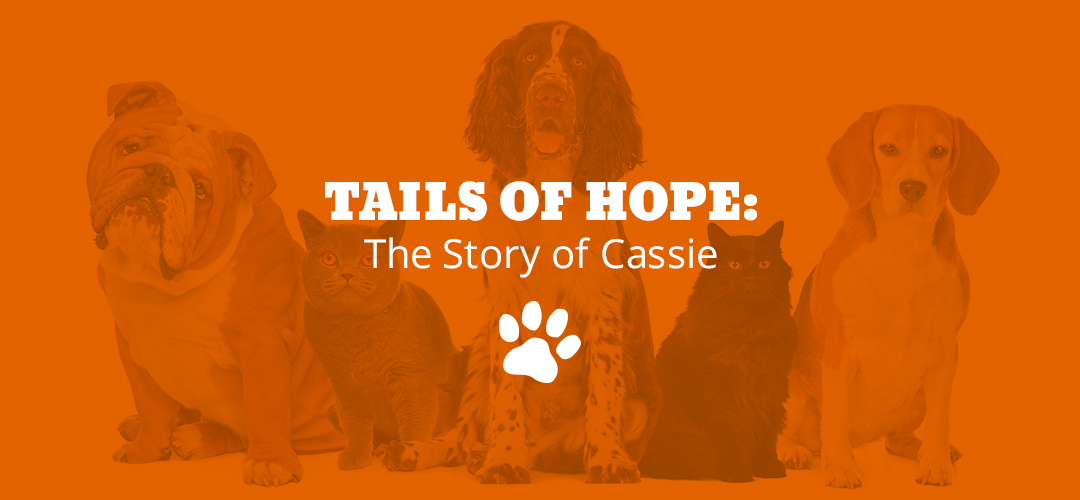Cassie, a bea utiful and sweet 6-year-old calico cat, was returned to the Humane Society Animal Shelter in June. Cassie had been adopted as a kitten from the shelter, but her family was no longer able to care for her.
utiful and sweet 6-year-old calico cat, was returned to the Humane Society Animal Shelter in June. Cassie had been adopted as a kitten from the shelter, but her family was no longer able to care for her.
Cassie appeared healthy other than having enjoyed a few too many treats, causing her to be overweight. As are all cats coming into the shelter, Cassie was tested for feline leukemia virus and feline immunodeficiency virus. Both of these illness are contagious to other cats and can cause serious illness.
Cassie tested positive for feline leukemia virus, which is shed in saliva of the infected cat. Transmission of feline leukemia occurs through bite wounds, grooming and sharing food and water bowls, and from mother cat to her kittens before birth.
Cats with the virus can live for several years with no outward signs of illness. They can, however, transmit the virus during this time.
Over time, the virus causes the immune system to be less effective at preventing and fighting illness, making even upper respiratory infections potentially lethal to the infected cat.
Testing for the virus is recommended for all cats. If a cat tests positive test on the initial test, a second test must be sent to a laboratory to confirm infection, as false positives can occur. In Cassie’s case, the positive result was confirmed.
An infected cat can live in the same household as non-infected cats, though the non-infected cats must receive the feline leukemia vaccine to avoid contracting the virus.
Infection with feline leukemia will shorten a cat’s life, though the length of the cat’s life can vary widely. Adopters should become very familiar with the virus, and recognizing signs of illness.
When adopting a new cat into a home with existing cats, it is vital to have the new cat examined by a veterinarian and tested for feline leukemia virus and feline immunodeficiency virus before exposing it to the existing cats.
It is recommended that cats be kept indoors, but cats who are allowed to go outside should receive the feline leukemia vaccine.
Many cats with feline leukemia are overlooked by potential adopters, who fear the infected cat will not survive long. However, a small number of cats can live several years after infection with the virus.
Though Cassie spent several weeks in the shelter waiting for the right person to give her a chance, she was finally adopted by a loving family in July.
Finding homes for animals with medical conditions is difficult for the shelter. But Cassie has shown us that though life may be shorter for animals with illnesses such as feline leukemia, they will provide lots of companionship and love for those who give them a chance.
Visit the shelter to learn about special needs pets waiting for their perfect home!

